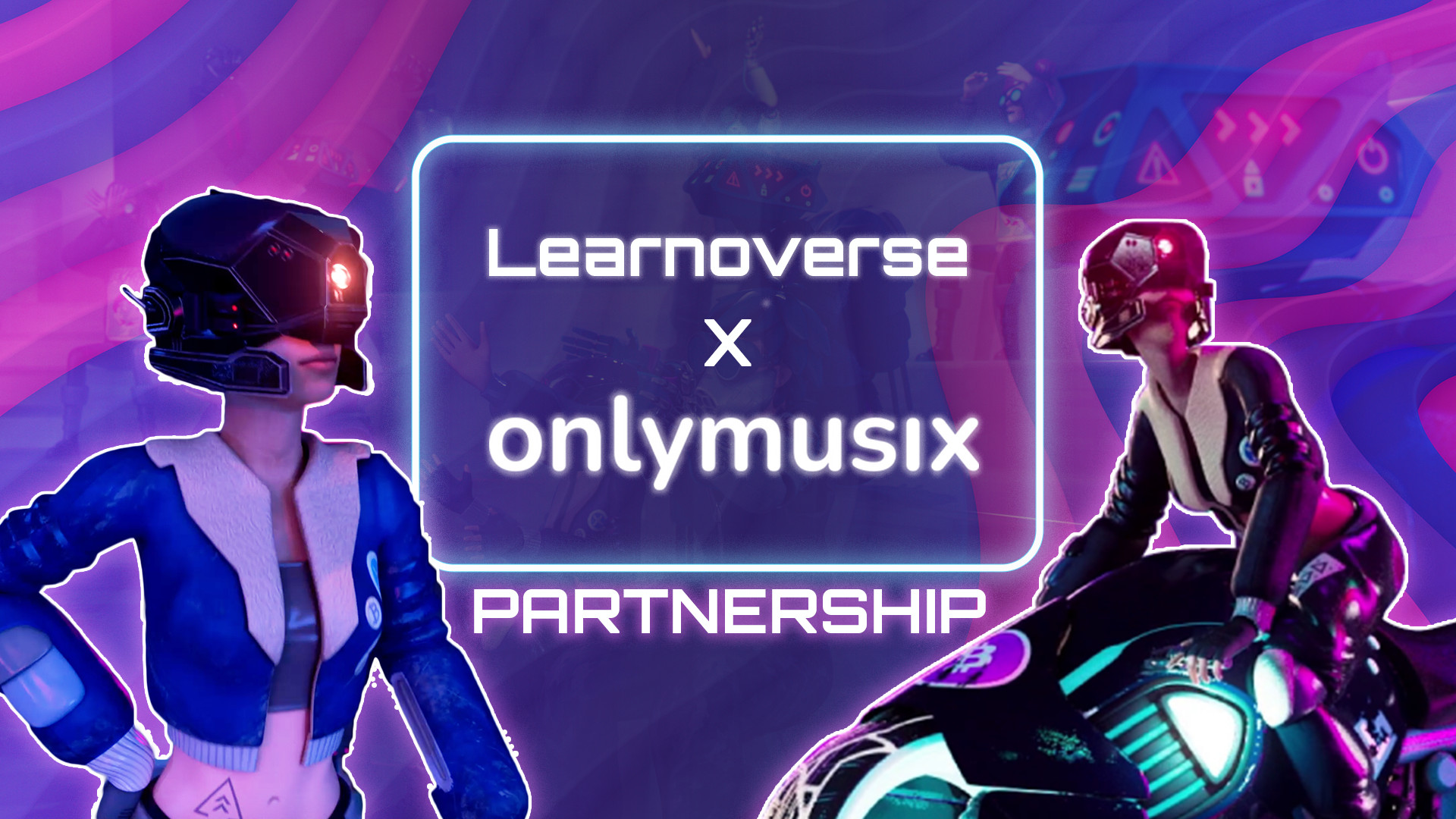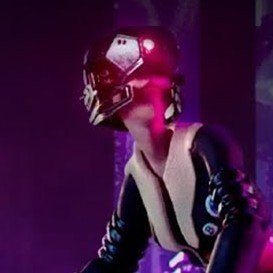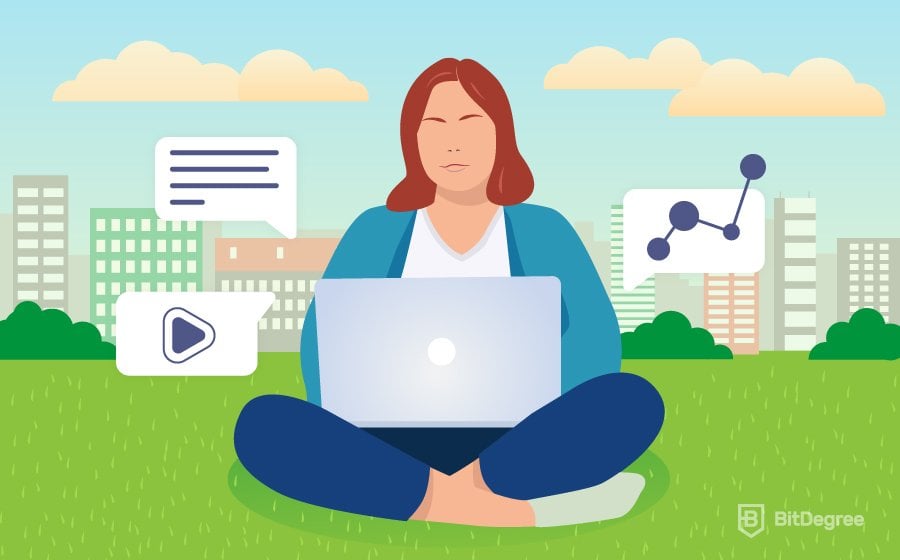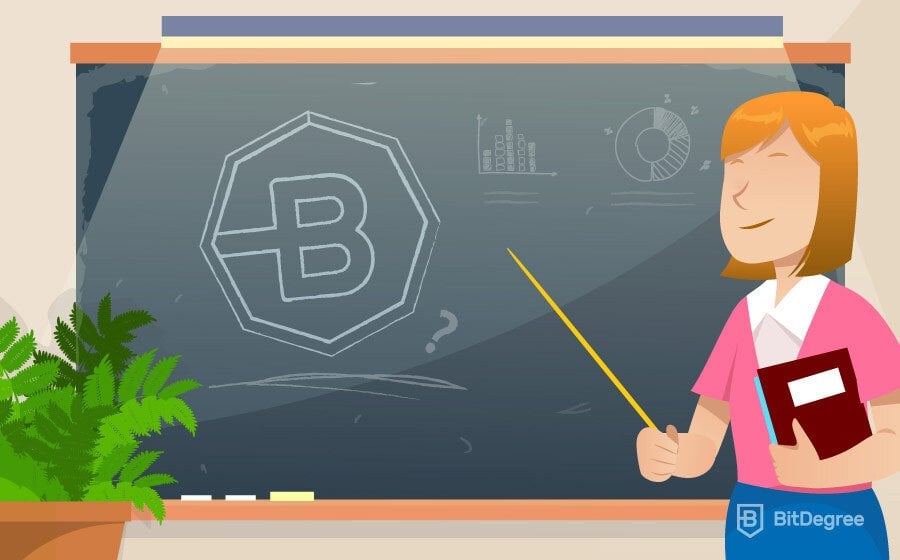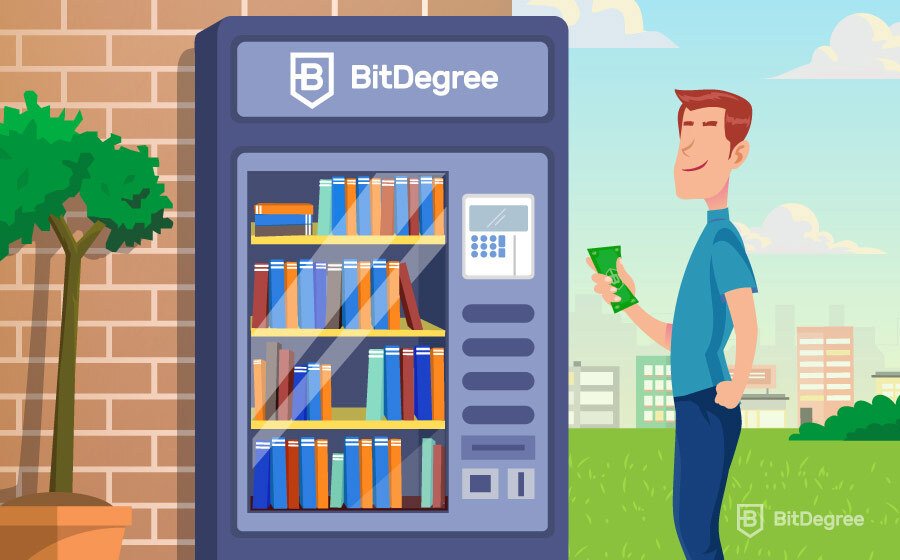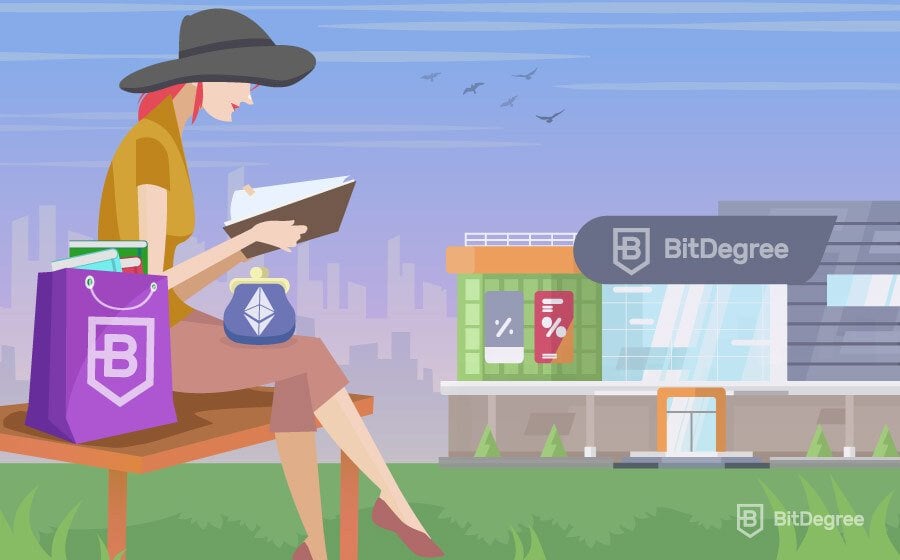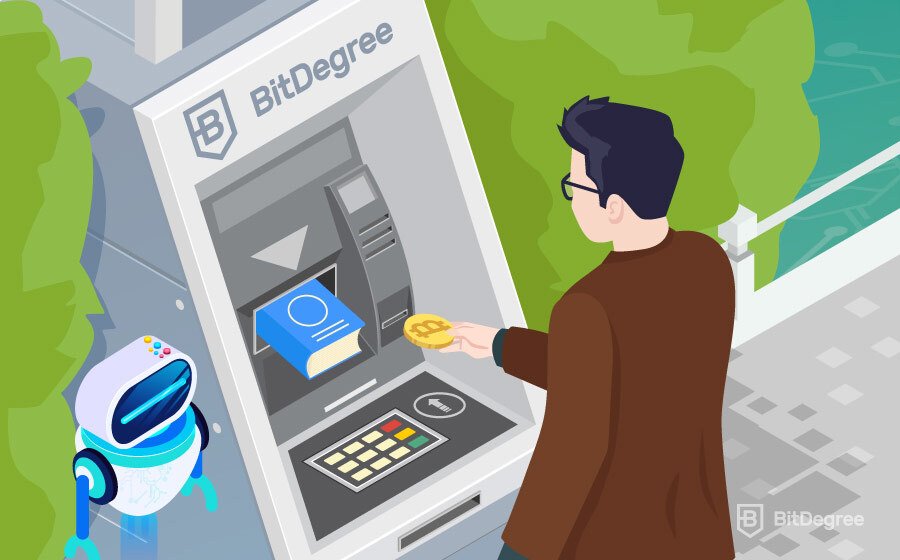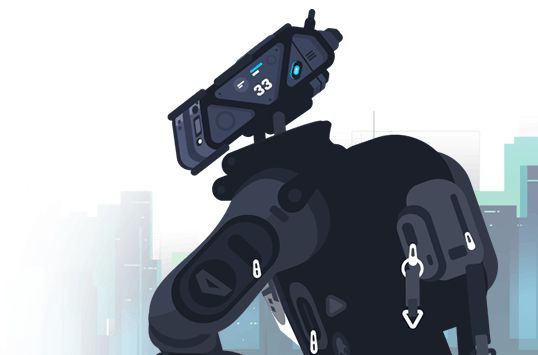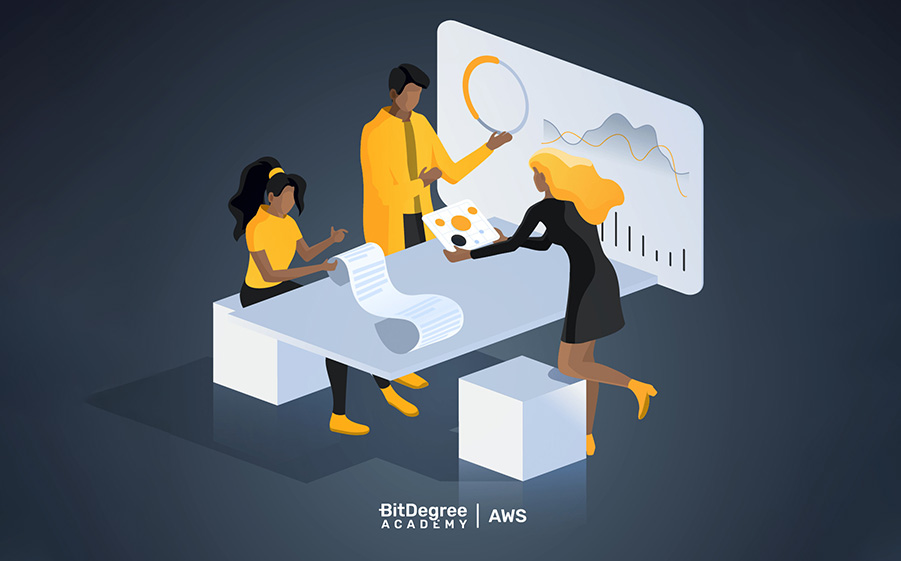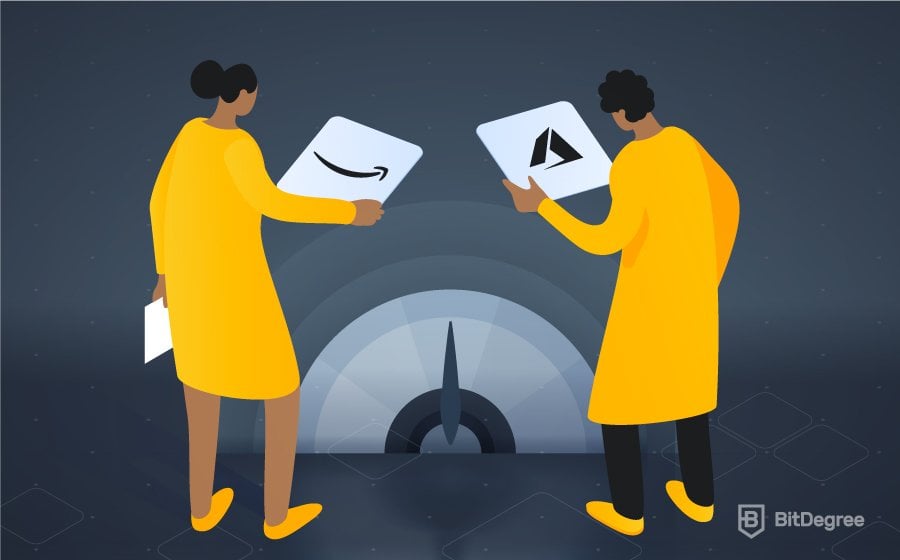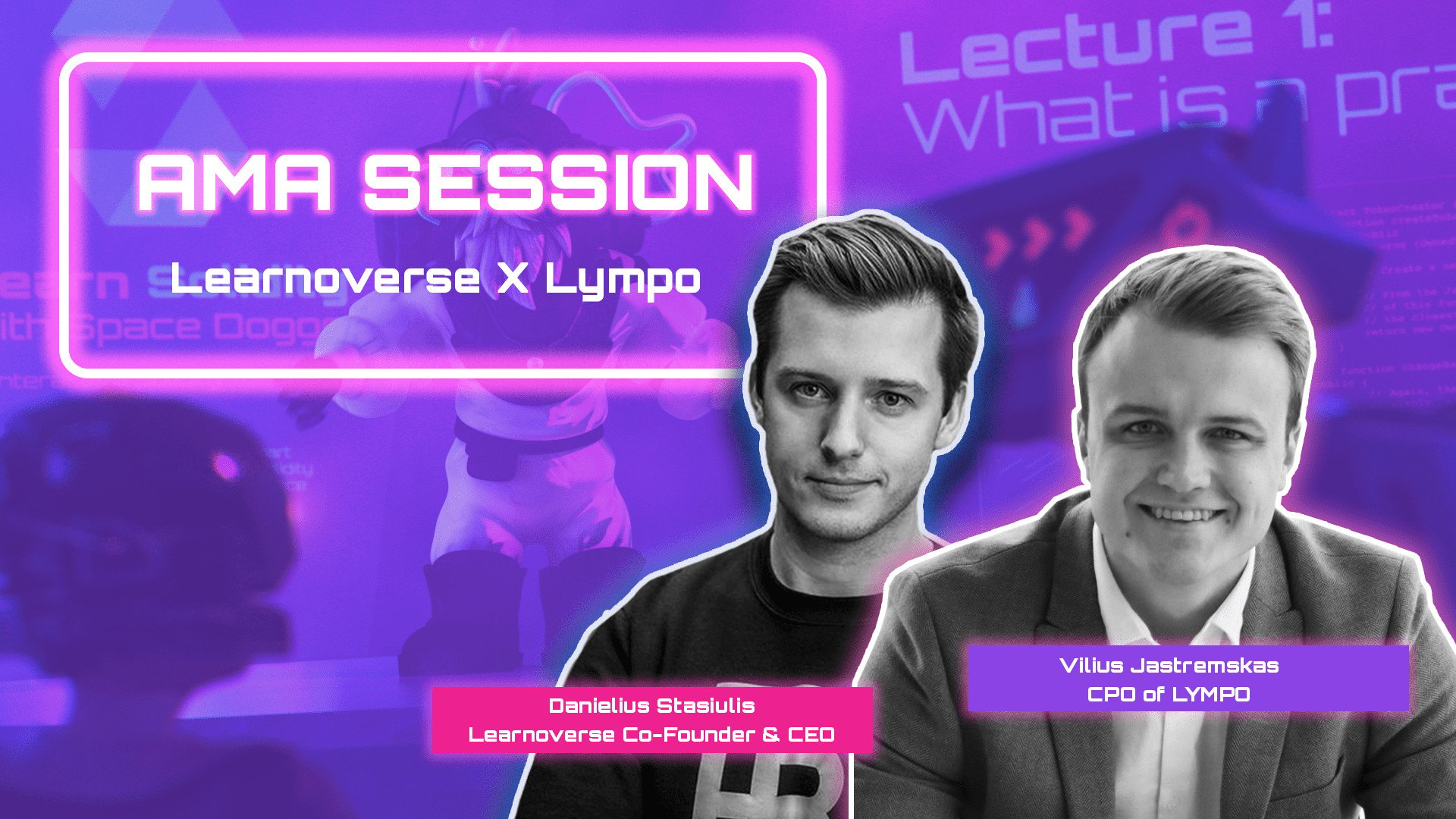Redefining the Music Industry in Web3
Danielius: Could you let us know a bit more about yourself and Onlymusix?
Antonino: Onlymusix is a platform and an NFT marketplace for the music industry. We don’t only welcome music artists but also labels, managers, and festivals. Our aim is to create an ecosystem for the music industry. So thanks to the technology of Web3, we want to give the opportunity to everyone in this space to create and sell their artistic creations. Our main focus is to connect the artist with Web3.
Danielius: Why have you started this project?
Antonino: We started this project at the start of last year. At the time, we found out that there was no space for the music NFTs. Marketplaces were open to any type of content, meanwhile, there was no platform that focus solely on enabling music artists and music NFTs. We thought we needed to create a platform only for music and artist who are serious about their art.
We accept sign-ups only by people who contribute to the music industry. For example, you need to fill out a small questionnaire regarding what you do and whether you are present on Web2 platforms like Spotify, Soundcloud, and so on.
Danielius: Okay, so what is the opportunity right now for artists? How do I turn my creation as a musician into NFTs? What are my options?
Antonino: As an artist, you can create a single NFT or multiple NFTs. You can upload a music track in any format, cover artwork, lyrics, or whatever you want as media. There is also the license that gives information to the buyer about what they are buying. It’s called a standard license that includes a basic explanation of NFT. However, artists who create the NFT also can upload their custom licenses too.
With custom licenses, you can specify what you want to give as benefits. You can also define the distribution of the revenue of your track so that the revenue can be shared between more wallets.
Let’s say you have a band, and every member of the band has their own wallet. With custom licenses, you can specify the percentage on each wallet that will be redistributed when the NFT is sold. If there are four members, all of them can be defined in the shareholder part of the creation of the NFT and they will get automatically their revenue in the percentage of that sale.
Danielius: So, if you're jamming together with a few musician friends, and you come up with a great song, this would be a great way to simply split the intellectual property as an NFT. And how does that NFT then generate income? Is it only by resale of the license or can you get the revenue from the traditional world such as from radio or streaming platforms?
Antonino: Currently we don’t cover traditional ways of generating revenue. However, it’s in the roadmap to make agreements. The way you can generate income now is to earn from the initial sale and future resales of the NFT, forever. And there is also the percentage that you set which you will earn as owner. But if there are multiple creators of that NFT, this percentage is shared between all of them.
Benefits, Utilities, and Possibilities of Music NFTs
Danielius: Now from the NFT buyer's perspective, when I buy a music NFT, do I buy only the right to a song or just memorabilia that represents the song?
Antonino: It depends on the NFT and it is up to the creator since they can give the rights in the percentage of the master. For example, a band from Italy wanted to give 50% of the rights of the master of their NFTs. It’s completely up to the creator at this point. Currently, this is not managed by the platform. The connection with the collecting society does this off-chain, but in the near future, we will try to connect to all of them.
Danielius: So if you spot some kind of upcoming artist that has a great song and it might go into charts, just like Mariah Carey every Christmas season, then you can collect millions of royalties. Then it would be divided across NFT holders.
Antonino: It is correct.
Danielius: That's really an exciting feature, I would say. But looking from today's perspective, how does that help musicians? They write a song, they probably can release an album, and in addition, they launch NFTs as an additional income stream. How does it work?
Antonino: Yeah. We wanted to give the opportunity to the artists to get the most out of the revenue. If they wanted to sell their creations on any other platform that is not in the web3 space, sadly, the platform earns more than the artist. With this project, we wanted to help music artists so that they can get earn the most instead of the platform.
Danielius: Can you listen to the song, even if you don’t have the NFT? Because I understand that in many music NFTs, anyone can listen to the song but only NFT holders have the ownership. But is there a use case that only by having an NFT you can listen to something?
Antonino: No, you can listen to music publicly, but the holder of the NFT will have the rights to that particular creation.
Danielius: So, NFTs are more about the rights or the privilege. And I believe, especially in the music industry, just having memorabilia is really important. You can see on eBay people selling posters of a band coming to a town or like album covers. So I think that's a very justified use case and when you add intellectual property on that and revenue sharing.
Danielius: But what other ways can your platform help musicians? So maybe you're helping them to access some kind of private communities or create private communities that are locked behind NFTs, just like concert passes.
Antonino: We implemented a special NFT used to certificate your presence or attendance at any event which could be a festival or in general a music event. Let’s say you attended an event, with the NFT you could have 10% of bonds to access something exclusive. Or you could have full access to a part of the festival that is not accessible by others.
Danielius: It seems like you are adding gamification to being a fan experience.
Antonino: Yes. Fans can have also direct access to the artist. For example, they can participate in the life of the artist depending on what they want to share on live.
Danielius: How do you see the future? Do you also plan to do something like social tokens? Some people are experimenting with that or do you think the market is ready only for NFTs?
Antonino: We talked about some tokens and I believe we will work on that. We will work also on the ticketing part as we aim to create an ecosystem for the music industry.
Learnoverse x Onlymusix Partnership
Danielius: Can you share some kind of traction details of your platform? For example, how many artists are you serving?
Antonino: It’s been a few months since the launch of our platform and we already have around 200 artists from all over the world. There are music artists from the USA, Canada, Italy, Germany, Singapore, and Pakistan, simply all over the world.
Danielius: It sounds like great traction that you have. What have you done before so that you're entering this project so strongly?
Antonino: When the marketplace was not online, we got pre-sign-ups from various music artists. Once the platform was ready, we already had around 100 artists already existing in the platform.
Danielius: I want to draw the parallel here between Onlymusix and Learnoverse. While you are taking music artists and bringing them to Web3, we are making it easy for teachers and instructors to enter Web3. We support them with NFTs for course completion as certificates and rewards. We also provide them with the opportunity to open courses based on NFTs. So I think there are a lot of similarities.
You need to really understand the use case for your target community because our mission with Learnoverse is also to educate about Web3, crypto, metaverse, and many other things that will come up in the future.
Antonino: Could you give more information about what you guys are doing and in general what is the vision of Learnoverse?
Danielius: Essentially Learnoverse is the learning metaverse for crypto, Web3, and blockchain technologies. We are teaching people about these topics. Our BitDegree platform was about e-learning and now we are taking a bold leap further into the metaverse. After five years of trying to integrate blockchain into education, finally we are able to do crypto education with crypto tools for the crypto community. Especially since the crypto community has grown to 300 million globally in a span of the last year, we have felt the demand for crypto learning. Therefore we have refocused our platform BitDegree into the Learnoverse.
Here, we are already using the crypto native tools and concepts to reshape the learning experience. We are currently adding NFTs to our course platform and we'll be launching the Learn&Earn token economy soon. In the near future, we'll also be launching the metaverse. The metaverse will be the new user experience of community, socialization, and learning discovery.
With good efforts from our side, we also are aiming to standardize the metaverse-based courses and we do not imagine that without crypto. Otherwise, the metaverse would be just a virtual world. As the immediate next steps, we are introducing our community of 1.2 million learners all around the world to the hottest Web3 projects like Onlymusix.
